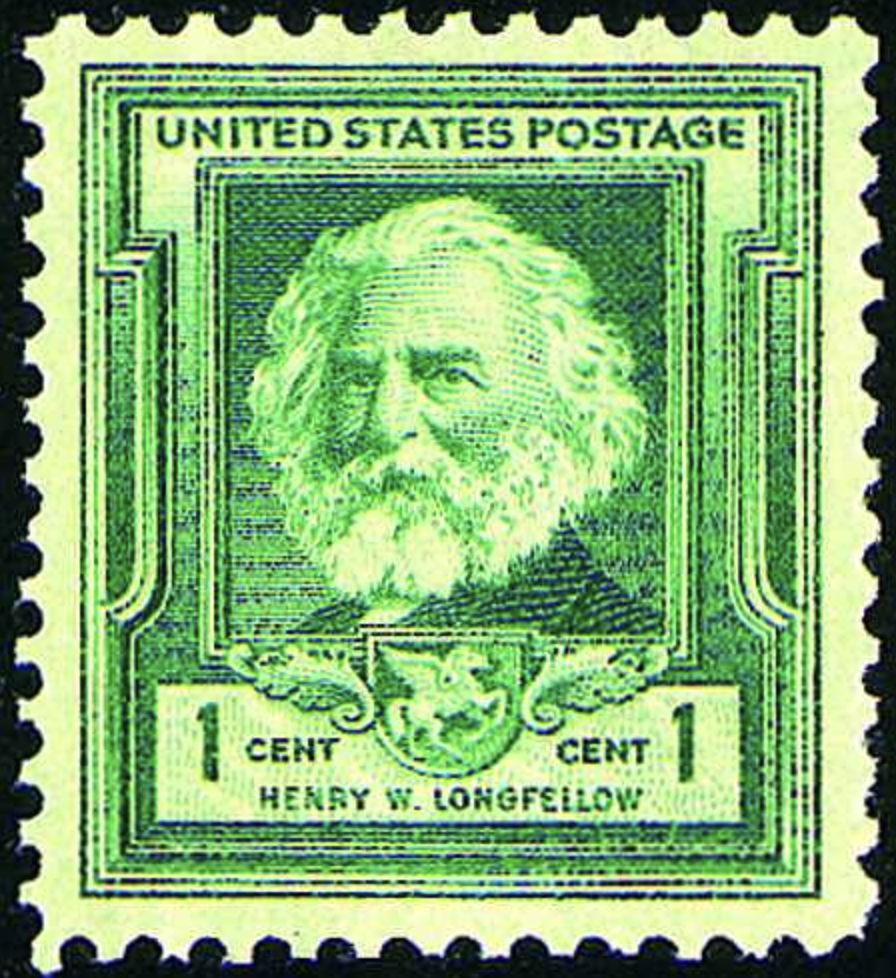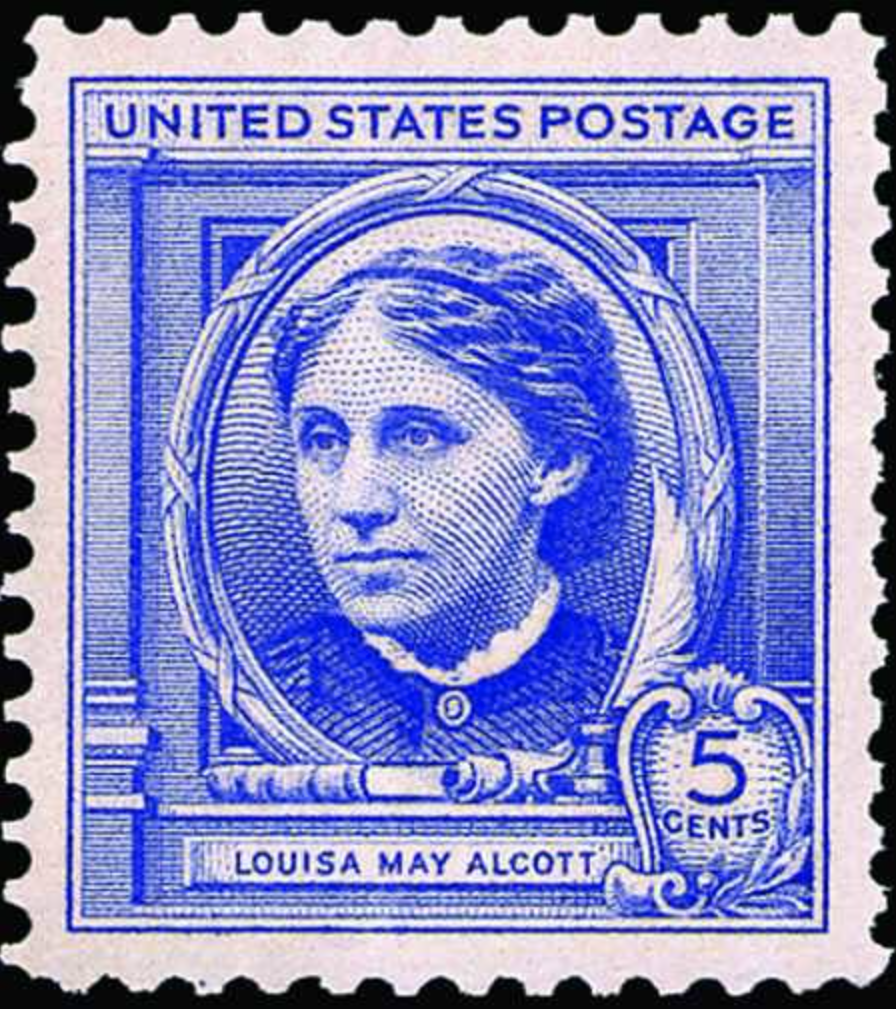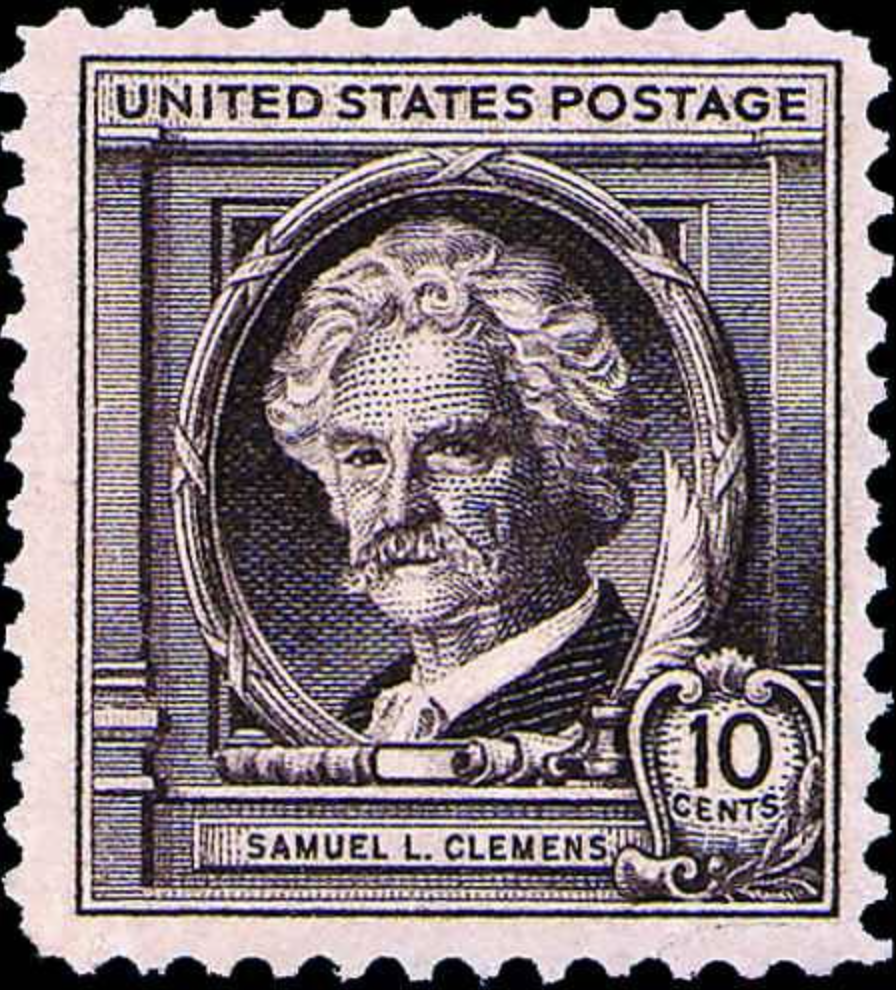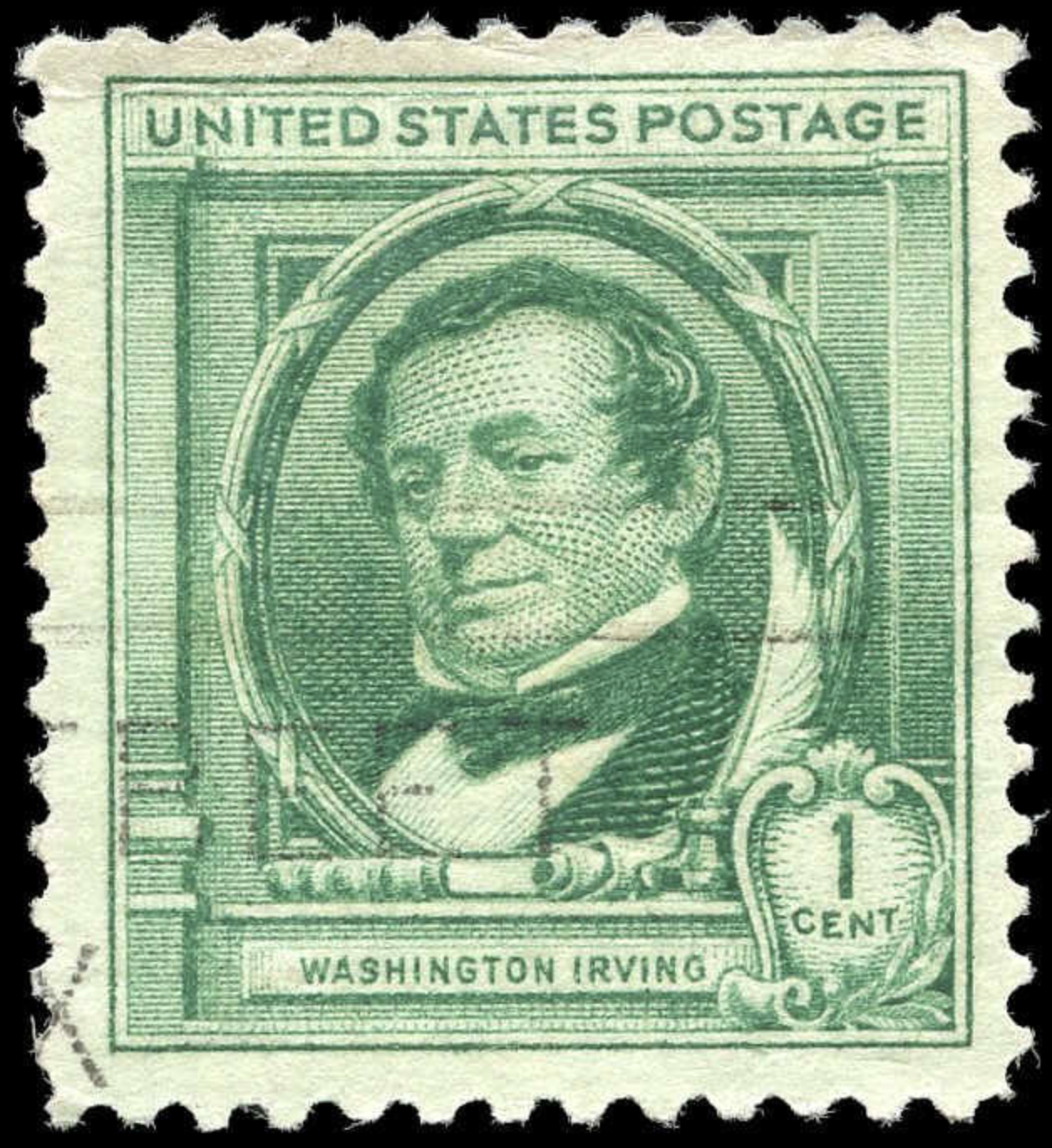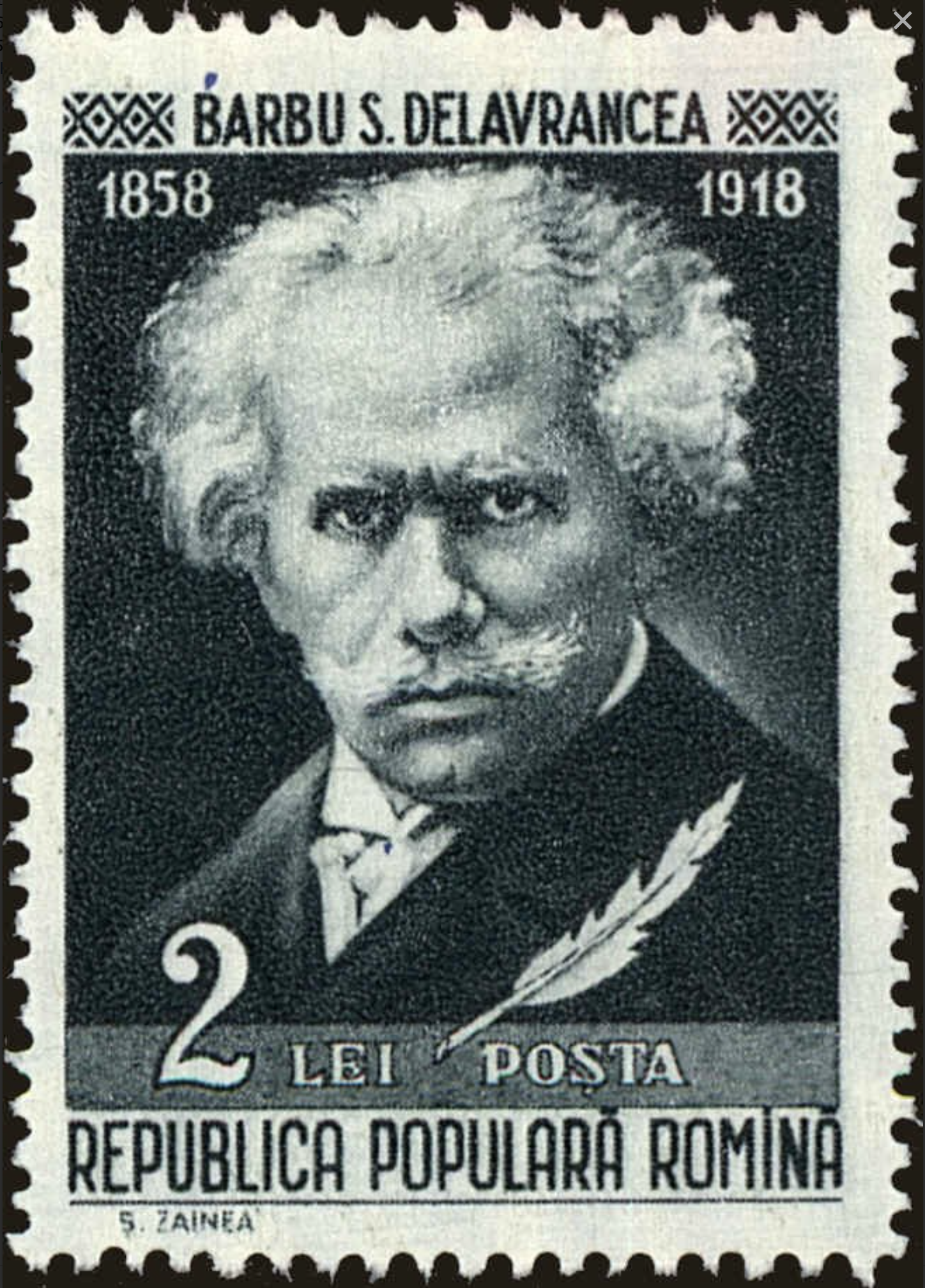United States #866 (1940) – James Lowell
$0.25 – $0.45
United States #866 (1940) – James Lowell
Description
United States #866 (1940) – James Lowell
James Russell Lowell, born on February 22, 1819, in Cambridge, Massachusetts, was a multifaceted American poet, critic, and diplomat whose literary contributions left an indelible mark on the cultural landscape of the 19th century.
Raised in a family deeply immersed in academic and literary pursuits, Lowell’s early years were steeped in the classics and the intellectual ferment of the time. His father, a prominent minister, and his mother, a woman of literary inclination, fostered his love for literature and language.
After graduating from Harvard College, Lowell embarked on a literary career marked by versatility and innovation. He co-founded the literary magazine “The Pioneer” and later became editor of “The Atlantic Monthly,” where he championed the works of emerging writers and promoted social reform.
Lowell’s poetry, characterized by its wit, humor, and keen social commentary, captured the spirit of mid-19th-century America. His collection “The Biglow Papers,” written in dialect, satirized the political issues of the day, particularly the Mexican-American War and the abolitionist movement.
In addition to his literary pursuits, Lowell was deeply engaged in political and social activism. He ardently opposed slavery and campaigned for social reform, using his platform as a writer to advocate for change.
In 1877, Lowell’s literary achievements were recognized when he was appointed the United States Ambassador to Spain, and later to the Court of St. James’s in England. His diplomatic tenure was marked by efforts to strengthen cultural ties between America and Europe and promote international understanding.
Throughout his life, Lowell remained a staunch advocate for the power of literature to shape society and elevate the human spirit. His essays and criticism, collected in works such as “Among My Books” and “The Function of the Poet,” explored the role of literature in fostering empathy, understanding, and social progress.
James Russell Lowell passed away on August 12, 1891, leaving behind a legacy of literary excellence and social activism. His words continue to resonate with readers today, inspiring generations to embrace the transformative power of literature and engage in the pursuit of justice and truth.
Ready to ship in 3-5 business days from United States (US)
Additional information
| Condition | |
|---|---|
| Country | |
| Scott Number | |
| Stamp Format | |
| Stamp Type | |
| Year of Issue |










